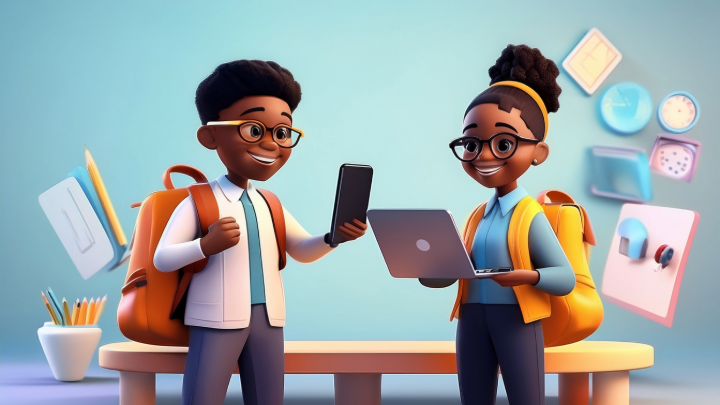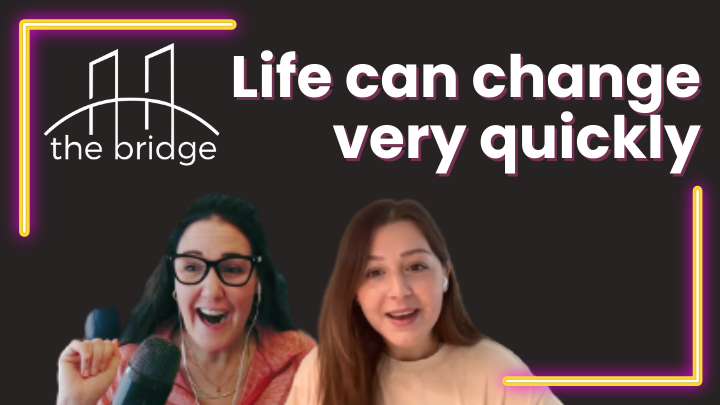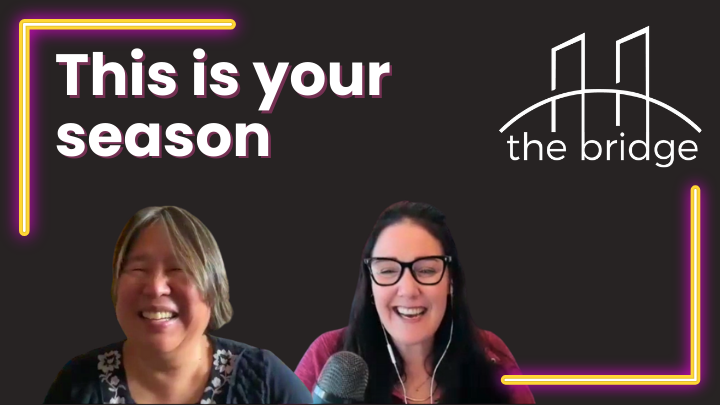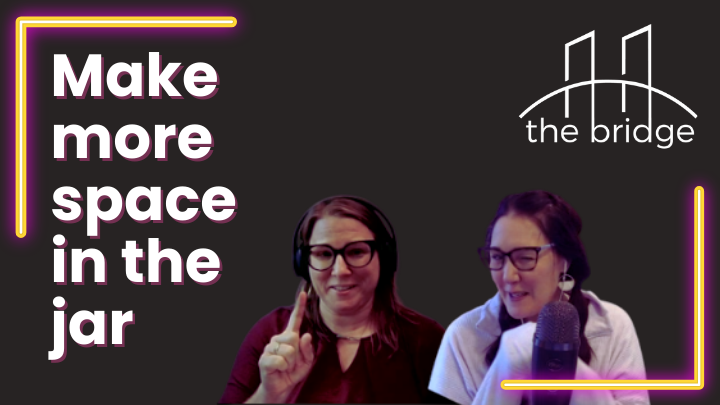2 min read
Digital Citizenship Week Challenge: AI, Filters & Fake News—Can You Spot What’s Real?
Cate Tolnai : Oct 19, 2025 4:00:00 AM

THE BRIDGE ISSUE 16 - October 19, 2025
Last year, a realistic video of Taylor Swift began circulating on social media — her voice, her face, her signature confidence — only, it wasn’t her.
It was an AI-generated deepfake.
Within days, another wave of manipulated images flooded feeds, this time distorting her likeness in ways that were both invasive and harmful.
She wasn’t the only one. Around the same time, fake ads featuring Tom Hanks promoting dental plans made the rounds.
Each post was shared by well-meaning fans and curious onlookers who simply couldn’t tell what was real and what was AI-generated.
That’s the new digital literacy frontier we’re all navigating — where misinformation looks believable, filters feel harmless, and AI-generated “content” circulates faster than truth can catch up.
And for our students — the ones growing up with this technology baked into their daily lives — understanding how to verify and question what they see online is essential.
This Digital Citizenship Week, I want to highlight three phenomenal resources that help educators teach these skills — not through fear, but through empowerment, curiosity, and conversation.
Each offers ready-to-use lessons, videos, and activities that help students and teachers alike build a stronger “truth radar.”
Common Sense Education: Digital Citizenship Week
Common Sense Education’s Digital Citizenship Week is an annual celebration designed to help schools and families make sense of our digital world.
This year’s focus emphasizes media balance, healthy tech use, and — of course — the role of AI in shaping what we see and share online.
Common Sense provides daily themes, ready-made slides, and lesson plans that span grade levels.
Each activity invites students to reflect, not react — to pause before posting, question sources, and recognize the subtle influence of algorithms and filters.
Teachers can easily integrate a lesson or two into advisory periods, morning meetings, or digital learning rotations.
My favorite part?
The family connection letters and take-home activities that extend these conversations beyond the classroom walls.
The News Literacy Project: Checkology
If Common Sense is the gentle guide, Checkology from the News Literacy Project is the investigative toolkit.
This interactive platform helps middle and high school students learn how to separate fact from fiction, opinion from evidence, and journalism from propaganda.
Checkology’s lessons simulate real-world media experiences — from evaluating viral posts to identifying bias and misinformation.
Students can explore modules like “Is It Legit?” or “Arguments & Evidence,” applying critical thinking skills as they move through gamified scenarios.
It’s perfect for classroom discussions around current events or as a complement to English, social studies, or digital media courses.
I especially love how it gives students language — the vocabulary and frameworks — to talk about credibility and truth with confidence.
Because spotting fake news isn’t just about catching lies; it’s about understanding how and why those lies spread.
Poynter’s MediaWise & the Trusted Fact-Checking Network (TFCN)
When students are ready to take their fact-checking game to the next level, MediaWise steps in.
Developed by the Poynter Institute, this program brings together journalists, educators, and fact-checkers to teach digital verification at scale.
MediaWise’s videos and challenges invite learners to analyze viral TikToks, test questionable headlines, and trace image origins using simple open-source tools.
They’re engaging, current, and refreshingly real — students aren’t reading about misinformation, they’re detecting it.
For teachers, MediaWise offers professional development webinars and classroom guides that align beautifully with digital citizenship frameworks.
Pair one of their “Fact-Check Challenges” with your school’s morning announcements, or invite students to lead their own myth-busting campaigns on social media.
A Digital World That Needs More Listeners, Not Just Lookers
This Digital Citizenship Week, let’s remind our students — and ourselves — that critical thinking online isn’t about cynicism, it’s about care.
Care for truth. Care for community. Care for the people whose images, words, and reputations are often twisted by tools we’re still learning to understand.
The internet isn’t getting quieter, and AI isn’t going away.
But with resources like Common Sense Education, Checkology, and MediaWise, we can help our learners grow into the kind of digital citizens who pause, question, and listen before they click “share.”
Because the future belongs not just to those who can create with technology — but to those who can discern what’s real.





